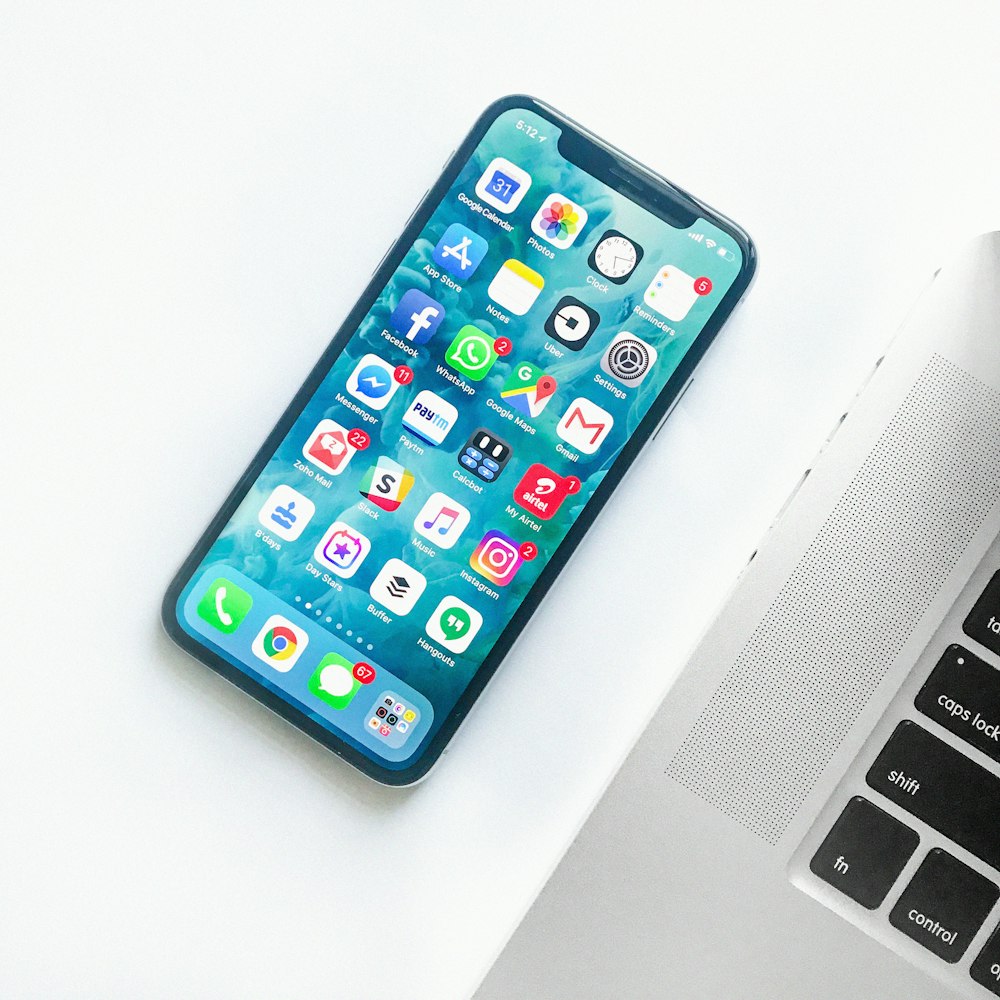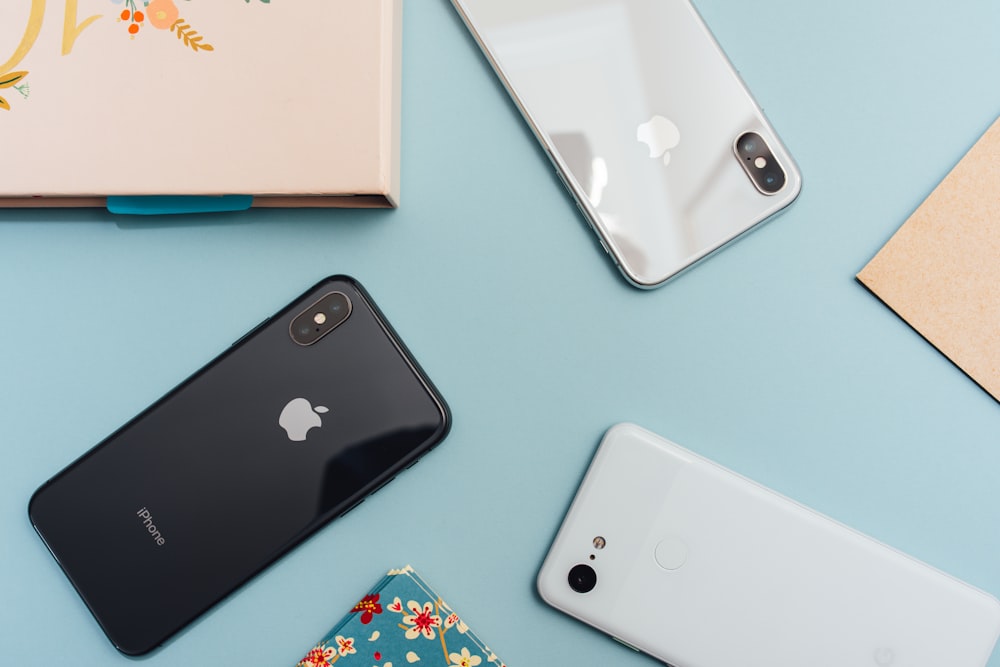What makes this feud so captivating? It's not just the gadgets; it's the stories behind them—the underdog tales, the billion-dollar bets, and the way these two Korean-American powerhouses shape how we connect, create, and consume. I've been following this saga since my first iPhone upgrade back in 2012, and let me tell you, it's like watching a blockbuster that never ends. In this deep dive, we'll unpack the history, the latest 2025 twists, and what it all means for you, the everyday user. Grab your favorite device (whichever side you're on), and let's jump in.

The Roots of the Rivalry: From Allies to Arch-Nemeses
Remember when Apple and Samsung were basically besties? Back in the early 2000s, Samsung was quietly cranking out the screens, chips, and batteries that powered the original iPods and iPhones. It was a symbiotic setup—Apple's design wizardry paired with Samsung's manufacturing muscle. But as smartphones exploded onto the scene, cracks started showing. By 2010, Samsung's Galaxy line, running on Google's Android, began nibbling at iPhone's dominance. Apple saw it as more than competition; they called it copying.
The real fireworks kicked off in 2011 when Apple slapped Samsung with a lawsuit in California, accusing them of infringing on everything from the iPhone's rounded edges to its "slide-to-unlock" feature. Samsung fired back, claiming Apple stole their wireless tech. What followed was a seven-year patent odyssey that ping-ponged through courts worldwide—$1 billion verdicts, Supreme Court drama, and even sales bans in Europe. By 2018, they settled for around $539 million to Apple, but the scars? Still fresh.
Fast-forward to 2025, and while the big lawsuits are in the rearview, the patent trenches are far from empty. Samsung clinched the top spot for U.S. patent grants in 2024 with over 6,000, leaving Apple in fourth at about 3,000. It's a flex on innovation, but also a reminder: this war is as much about owning the future's blueprints as selling today's hardware. As someone who's switched teams a couple times (guilty as charged), I love how this history humanizes these giants. They're not faceless corps; they're teams of engineers pouring sweat into features that make our lives easier—or at least more addictive.
2025 Market Mayhem: Who's Winning the Share Game?
If 2025 has taught us anything, it's that the smartphone throne is wobblier than ever. Globally, the market's hit a plateau after years of explosive growth—shipments barely budged in Q2, hovering around 295 million units. But don't let that fool you; the Apple-Samsung duel is fiercer than a Black Friday stampede.
Let's break it down with some eye-opening numbers. In Q1 2025, Samsung edged out Apple globally, snagging 20% market share to Apple's 18%. But zoom into the U.S., and the plot thickens. Apple's long held the crown here, but Samsung's on a tear—jumping from 23% to 31% in Q2, thanks to a whopping 38% year-over-year growth. Foldables like the Galaxy Z Fold6 are the secret sauce; they're not just novelties anymore, pulling in users craving that laptop-in-your-pocket vibe. Meanwhile, Apple's iPhone sales ticked up 13% in July, but their U.S. share dipped to 49%—a slip that has analysts whispering about complacency.
Over in Europe, it's a photo finish: Apple leads with 34% to Samsung's 32% as of August. And don't sleep on emerging markets—Android's overall 72% global grip (hello, Samsung) keeps the pressure on iOS's premium 28% slice. Trends like AI assistants and longer software support are flipping the script too. Samsung and Google now promise seven years of updates on flagships, outpacing Apple's five-to-six. It's a game-changer for eco-conscious buyers who hate e-waste.
From my chats with friends, this shift feels real. One buddy ditched his iPhone 14 for a Z Flip5 last year and hasn't looked back—says the customization beats Apple's "walled garden" every time. But Apple's loyalists? They're glued by that seamless ecosystem. Market share battles aren't just stats; they're about who captures your heart (and wallet) next upgrade cycle.
Flagship Face-Off: iPhone 17 vs. Galaxy S25 – The 2025 Edition
Nothing fuels this rivalry like new releases, and 2025's heavy hitters—the iPhone 17 series and Galaxy S25 lineup—deliver drama in spades. Dropping in September, these aren't just phones; they're manifestos on what mobile computing should be.
Start with design. Apple's iPhone 17 Pro sticks to its guns: titanium frames, Dynamic Island notch, and that signature ceramic shield glass. It's the epitome of "if it ain't broke," refined to 6.3 inches of buttery-smooth handling. Samsung? They're the wild cards. The S25 Ultra pushes boundaries with an under-display camera (finally ditching the punch-hole) and rumored 200MP sensor that makes low-light shots look like pro photography. But the real buzz? Samsung's trifold tease—a Galaxy S26 Edge that unfolds into a mini-tablet, potentially launching stateside by year's end. Imagine Netflix marathons without squinting!
Performance-wise, it's neck-and-neck. Apple's A19 Bionic chip crushes multitasking with hardware-accelerated ray tracing for games like never before, all powered by iOS 19's privacy-first AI (think on-device Siri upgrades). Samsung counters with Snapdragon 8 Gen 4 (or Exynos in some regions), boasting Galaxy AI that generates real-time summaries from your calls or photos. Benchmarks? iPhone edges in single-core speed, but S25's seven-year update pledge future-proofs it better.
Cameras steal the show, as always. iPhone's computational photography nails natural colors and 4K ProRes video, perfect for vloggers. Samsung's zoom game, though—up to 100x Space Zoom—turns you into a wildlife paparazzo. Battery life? Both hover at 20+ hours, but Samsung's faster 45W charging edges out Apple's 20W MagSafe.
Ecosystems seal the deal. Apple's walled wonder syncs flawlessly with your Mac, Watch, and AirPods—it's like living in a cozy fortress. Samsung's One UI plays nicer with Windows, Chromebooks, and even rival wearables, appealing to the "best of everything" crowd. In head-to-head tests, it's a toss-up: iPhone for simplicity, Galaxy for flair. Personally, I'd grab the S25 for its DeX mode (phone as desktop? Yes, please), but my partner's iPhone calendar sync keeps our chaos in check. It's all about your life, right?
Battle of the Brains: Strategies, Innovation, and the AI Arms Race
Beyond specs, this war's won in boardrooms. Apple's playbook? Premium pricing and ecosystem lock-in. They bet on lifetime value—users stick around, upgrading every 2-3 years, fueling that $394 billion revenue beast. Marketing's pure magic: those "Shot on iPhone" billboards make you feel like Ansel Adams with a smartphone. But critics say they're lagging on AI; while rivals roll out generative tools, Apple's playing catch-up with Apple Intelligence, wary of privacy pitfalls.
Samsung's counter-strategy screams volume and variety. As the world's top patent holder, they're innovating like mad—foldables, wearables, even smart fridges that rival Apple's HomeKit. Their stock's up 35% this year on foldable hype alone. Marketing? Edgy ads poking fun at Apple's "hype machine," positioning Galaxy as the people's champ. And sustainability? Samsung's recycling programs and modular designs are winning green cred as regs tighten.
The wildcard? AI. Both are all-in, but Samsung's leading with visible wins like Live Translate in 13 languages during calls. Apple's deeper integration promises smarter Siri, but rollout delays have fans grumbling. In a plateaued market, whoever nails ethical AI first claims the crown. It's exhilarating to watch—two empires diverging, yet converging on what users crave: smarter, greener tech.
Legal Lingering and Consumer Collateral
Those old patent wounds? They're scabbed over, but not healed. No blockbuster suits in 2025, but cross-licensing deals keep the peace—Apple pays Samsung for components, Samsung tips hat to iOS patents. It's pragmatic detente, but whispers of fresh skirmishes over foldable designs or AI algorithms bubble up.
For us consumers? It's a double-edged sword. This rivalry drives prices down (hello, sub-$800 flagships) and features up—without Samsung's push, would Apple have USB-C? But it also means choice paralysis and e-waste mountains. Pro tip: Check trade-in programs; both offer solid deals to ease the upgrade itch.

Peering into the Crystal Ball: What's Next in This Endless War?
As 2025 winds down, the horizon's electric. Expect AR glasses from both—Apple's Vision Pro lite vs. Samsung's XR push. Sustainability mandates will force greener supply chains, and 6G whispers could redefine connectivity. But the real endgame? Who owns the AI soul of your device.
Samsung's betting on diversification—trifolds, budget lines—to capture emerging markets. Apple's eyeing services (Apple One subscriptions hit 1 billion subs?) to buffer hardware slumps. Analysts predict a tie by 2027: Samsung in volume, Apple in profits. Me? I think it'll drag on, fueling the fire that keeps tech evolving. After all, without rivals, where's the spark?
Wrapping It Up: Why We Can't Look Away
Apple vs. Samsung isn't just business—it's a mirror to our digital dreams. One side champions elegance and control; the other, freedom and flair. In 2025, with markets shifting and innovations flying, the war rages on, but hey, that's what makes it thrilling. Whichever banner you fly, remember: the real winner? You, with more choices than ever.
What's your take—Team Apple, Team Samsung, or proudly neutral? Drop a comment below; I'd love to hear your upgrade horror stories or dream features. Until next time, keep trending ahead!
